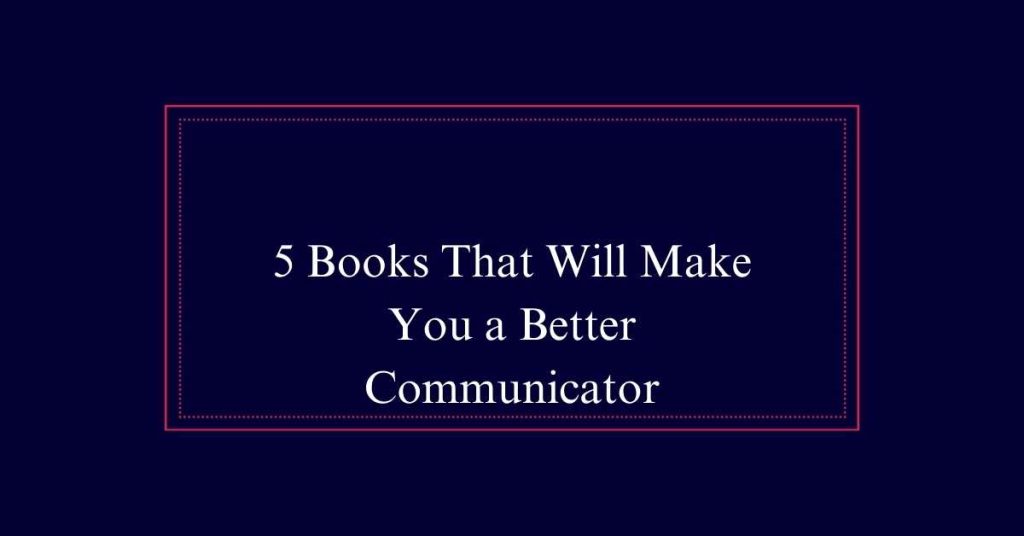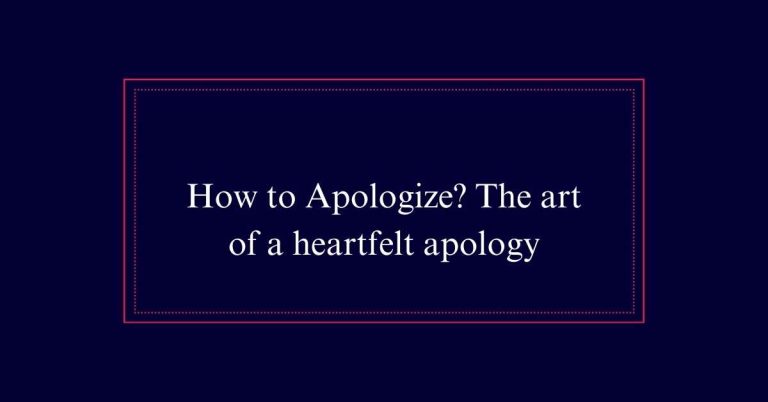5 Books That Will Make You a Better Communicator
Improving your communication skills can have a substantial impact on both your personal and professional life. Start with *How to Talk to Anyone* by Leil Lowndes, which offers 92 practical tips for everyday interactions. Pair it with *Fierce Conversations* by Susan Scott, exploring principles to address tough issues. Lowndes’ *92 Little Tricks for Success* provides practical tricks to master body language and avoid pitfalls. For a literary angle, consider the social lessons from Elizabeth Bennet in *Pride and Prejudice*, focusing on authenticity and wit. Finally, *Achieving Success One Conversation at a Time* by Susan Scott emphasizes transparent and mindful conversations.
How to Talk to Anyone
Mastering the art of conversation is made simpler with Leil Lowndes’ ‘How to Talk to Anyone: 92 Little Tricks for Big Success in Relationships.’ This book provides 92 practical tips for enhancing communication skills.
The tricks are organized into nine chapters and include personal anecdotes, making them relatable and easy to understand. Lowndes’ techniques are designed to improve speech and foster better relationships.
Even if not all tips are relevant, readers are likely to find some applicable advice. The book’s universal appeal lies in its wide range of strategies, such as avoiding sounding rude.
Lowndes’ approach makes it accessible for anyone looking to boost their conversational prowess and build stronger connections.
92 Little Tricks for Success
Leil Lowndes’ book includes 92 practical tricks designed to enhance communication skills and foster successful relationships. Each trick is easy to understand and implement in daily interactions.
From avoiding common conversational pitfalls to mastering body language, Lowndes provides a thorough toolkit for effective communication. Her tips are organized into nine chapters, making it easy to find specific advice as needed.
One standout trick is learning how to avoid sounding arrogant, which is vital in building rapport. Another valuable trick involves using body language to show interest and engagement.
Whether applied in social settings or professional environments, these tricks offer significant benefits for anyone looking to improve their communication skills.
Fierce Conversations Principles
Susan Scott’s book, ‘Fierce Conversations,’ outlines key principles designed to transform and enrich communication in both personal and professional settings. Scott emphasizes the importance of addressing real issues and breaking repetitive conversation cycles to avoid emotional fatigue and burnout. Her principles encourage openness, honesty, and active listening to identify and confront real obstacles effectively.
Below is a summary of key principles from the book:
| Principle | Description | Benefit |
|---|---|---|
| Interrogate Reality | Understand the true situation | Clearer problem identification |
| Provoke Learning | Encourage new insights | Personal and professional growth |
| Tackle Tough Issues | Address difficult conversations head-on | Resolves long-standing problems |
| Enrich Relationships | Build deeper connections | Stronger, more meaningful bonds |
| Silence Is Golden | Value pauses and reflection | Better listening and understanding |
Achieving Success One Conversation
Achieving success, one conversation at a time, requires intentionality and a commitment to genuine dialogue. Susan Scott’s book, *Fierce Conversations: Achieving Success at Work and in Life One Conversation at a Time*, provides a roadmap for this journey.
Scott emphasizes the importance of addressing real issues directly, avoiding repetitive and draining discussions. Her principles encourage identifying core problems and fostering transparent communication. This approach not only prevents burnout but also enhances relationship quality.
Each conversation becomes an opportunity for growth and understanding. By being present and engaged, individuals can transform their interactions into powerful tools for success. Scott’s insights make it clear that mindful conversations are key to achieving lasting results in both personal and professional settings.
Social Lessons From Elizabeth Bennet
Understanding the power of genuine conversations naturally leads us to contemplate the social acumen of Elizabeth Bennet in *Pride and Prejudice*. Elizabeth’s interactions offer valuable lessons in authenticity, wit, and thoughtful engagement. Her ability to navigate complex social landscapes with grace and intelligence makes her an exemplary communicator.
| Aspect | Lesson Learned |
|---|---|
| Wit and Humor | Lightens tense conversations |
| Authenticity | Builds genuine connections |
| Observational Skills | Leads to informed dialogue |
| Respectful Disagreement | Maintains civility in differing opinions |
| Empathy | Understands others’ perspectives |
Analyzing Interactions Through Characters
Analyzing interactions through characters in literature allows us to gain insights into human behavior and communication strategies. Characters like Elizabeth Bennet from Jane Austen’s *Pride and Prejudice* provide valuable lessons. Elizabeth’s interactions reveal the importance of wit, charm, and understanding social dynamics. Observing her relationship with Fitzwilliam Darcy offers a rich ground for analyzing misunderstandings and resolutions.
Literature acts as a mirror to our own experiences. By examining characters’ dialogues and decisions, we can better understand effective and flawed communication. This practice helps us reflect on our own interactions, encouraging empathy and strategic thinking.

Understanding Cultural Communication
Effective communication often hinges on understanding cultural differences. Sarah A. Lanier’s ‘Foreign to Familiar: A Guide to Understanding Hot- and Cold-Climate Cultures’ explores how climate shapes communication styles.
Lanier explains that cold-climate cultures tend to be direct and to-the-point. In contrast, warm-climate cultures prioritize friendliness and relationship-building as much as conveying information.
These insights are invaluable for travelers and professionals working in multicultural environments. Recognizing these cultural norms can prevent misunderstandings and foster more effective interactions.
Improving Your Writing Skills
Mastering the art of writing can greatly enhance your communication prowess. One invaluable resource is Gary Provost’s ‘100 Ways to Improve Your Writing.’ This classic guide emphasizes timeless principles. Provost advises varying sentence lengths to create a musical flow. This technique keeps readers engaged and enhances readability. He also underscores the importance of clarity and simplicity.
| Principle | Benefit |
|---|---|
| Vary Sentence Length | Engages readers effectively |
| Prioritize Clarity | Avoids misunderstandings |
| Emphasize Simplicity | Guarantees accessibility |
These principles apply to all forms of writing, from emails to reports. By incorporating Provost’s techniques, you can refine your writing skills. This will ultimately make you a more effective communicator.
Frequently Asked Questions
How Can I Practice Communication Skills in Everyday Situations?
To practice communication skills daily, start by actively listening during conversations. Observe and mimic effective speakers. Use clear, concise language, and ask for feedback. Engage in diverse interactions to adapt and refine your communication style.
What Are Common Pitfalls in Conversations to Avoid?
Common pitfalls in conversations include interrupting others, not listening actively, making assumptions, and focusing on oneself. Avoid these by practicing patience, asking clarifying questions, and showing genuine interest in the other person’s perspective.
How Do Cultural Differences Affect Business Communication?
Cultural differences have a substantial impact on business communication. Directness varies; some cultures prefer straightforward communication, while others emphasize politeness and relationship-building. Misunderstandings can arise without cultural awareness, making it essential to adapt communication styles for effective cross-cultural interactions.
What Strategies Help Overcome Public Speaking Anxiety?
To overcome public speaking anxiety, practice regularly, prepare thoroughly, and focus on your message rather than yourself. Use relaxation techniques, visualize success, and seek feedback to improve. Remember, confidence grows with experience and preparation.
Why Is Empathy Important in Effective Communication?
Empathy is essential in effective communication because it fosters understanding and connection. By recognizing and respecting others’ emotions and perspectives, we create a more supportive environment, which enhances cooperation and reduces conflicts.






